The year 2024 marks profound changes in the global landscape, and the 10 events below not only contribute to shaping the landscape of international relations, but also pose new challenges and opportunities for global cooperation.
1. Mr. Donald Trump was re-elected President of the United States
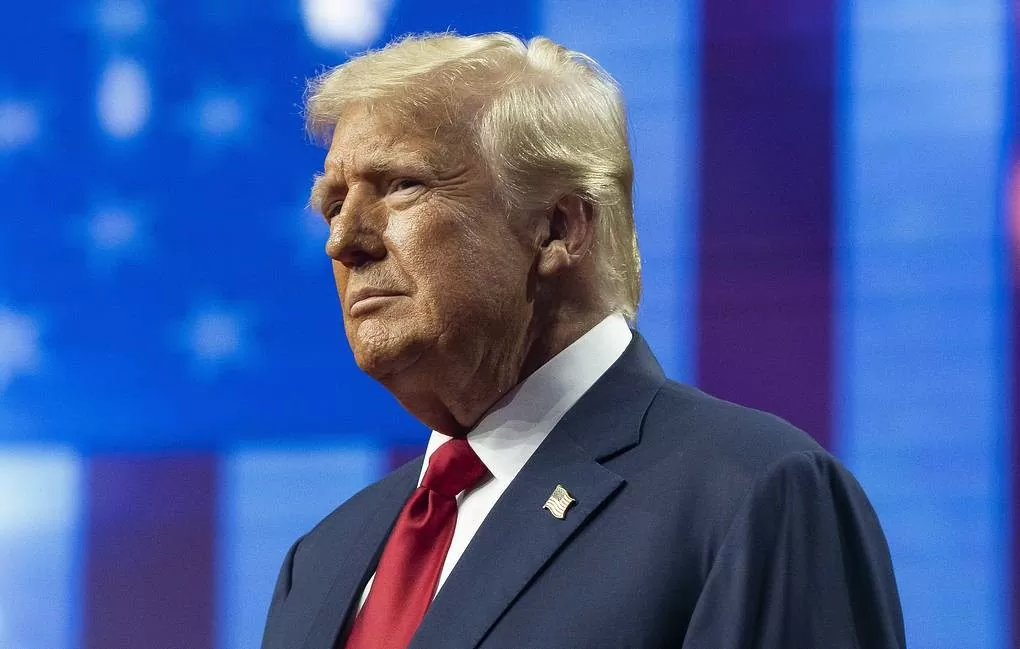 |
| The re-election of Donald Trump as US President is expected to have significant impacts on the world . (Source: AFP) |
Defeating Democratic candidate Kamala Harris with an overwhelming majority in 7 battleground states, Mr. Donald Trump made a spectacular comeback with the support of a large number of Americans, with the expectation that the next 4-year term will revive the foundation and position of the United States in the post-pandemic period. Therefore, Mr. Donald Trump's re-election as US President is expected to have significant impacts on the world, especially in the context of volatile global geopolitics and economics.
The President-elect's "America First" policy will contribute to reshaping relations with China, leading to the possibility of maintaining or increasing strategic competition, especially in trade, technology and regional security. At the same time, Mr. Trump's tough policy towards NATO and its allies could cause European countries to increase their defense autonomy, leading to major changes in the regional security structure and creating unpredictable changes to the situation of the Russia-Ukraine conflict.
2. Russia-Ukraine tensions escalate
 |
| 2024 will see major breakthroughs in the Russia-Ukraine reconciliation initiative, led by the United Nations and influential mediator countries. (Source: Reuters) |
The Russia-Ukraine war situation in 2025 is likely to continue in a state of stalemate without a sustainable peace settlement. Russia can maintain its strategy of local control in strategic areas in eastern Ukraine, in order to exert long-term pressure and achieve its geopolitical goals. On the Ukrainian side, military support from Western countries, especially the United States and Europe, will help maintain defense capabilities and even expand counter-offensive operations in some strategic areas.
2024 will see major breakthroughs in the reconciliation initiative for the Eastern European conflict, led by the United Nations and influential mediator states. Next year, peace negotiations will continue to depend on the goodwill of both sides and the international community. However, if neither side is willing to make concessions, the conflict could continue to drag on, adding to regional and global instability.
4. Israel-Hamas war spreads
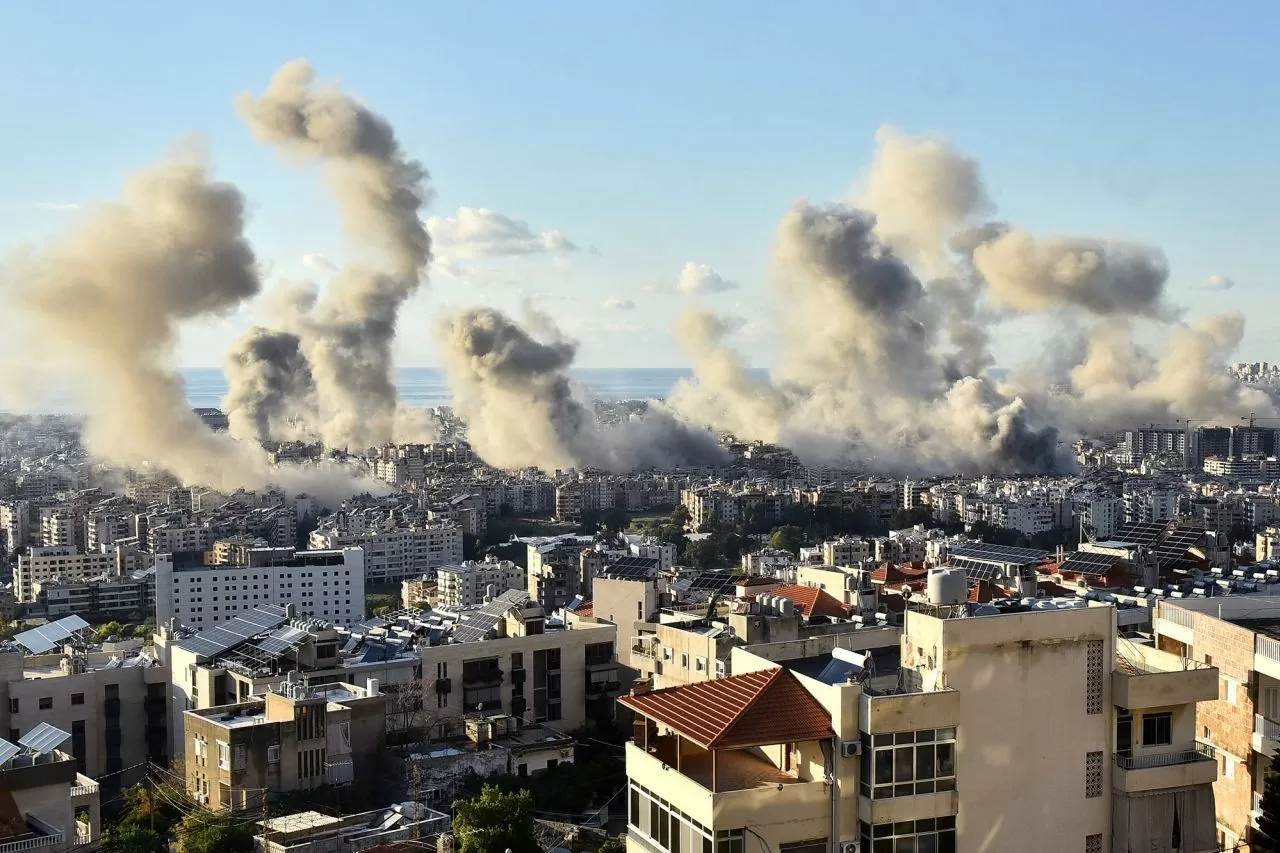 |
| Lebanon's Hezbollah has stepped up its "fire-sharing" with the Palestinians in their confrontation with Israel, raising the risk of pushing the Middle East region into a larger conflict. (Source: Getty) |
In 2024, tensions in the Gaza Strip continue to escalate, with fierce fighting taking place on a daily basis. The Israeli army conducts attacks not only on military facilities but also on residential areas, while Hamas continues to launch rockets at major Israeli cities, causing increased casualties and property damage. Notably, Hezbollah in Lebanon is increasingly “sharing fire” with the Palestinians in the confrontation with Tel Aviv, raising the risk of pushing the Middle East region into a larger conflict.
One of the most serious problems in this war is the humanitarian situation in Gaza, which is blockaded and heavily bombed. Millions of Palestinians are facing shortages of food, water and medicine, while hospitals and infrastructure have been severely damaged. International organizations and many countries have called for an end to the violence and the provision of humanitarian aid, but the situation has not improved significantly.
4. The government of Syrian President Bashar al-Assad collapsed
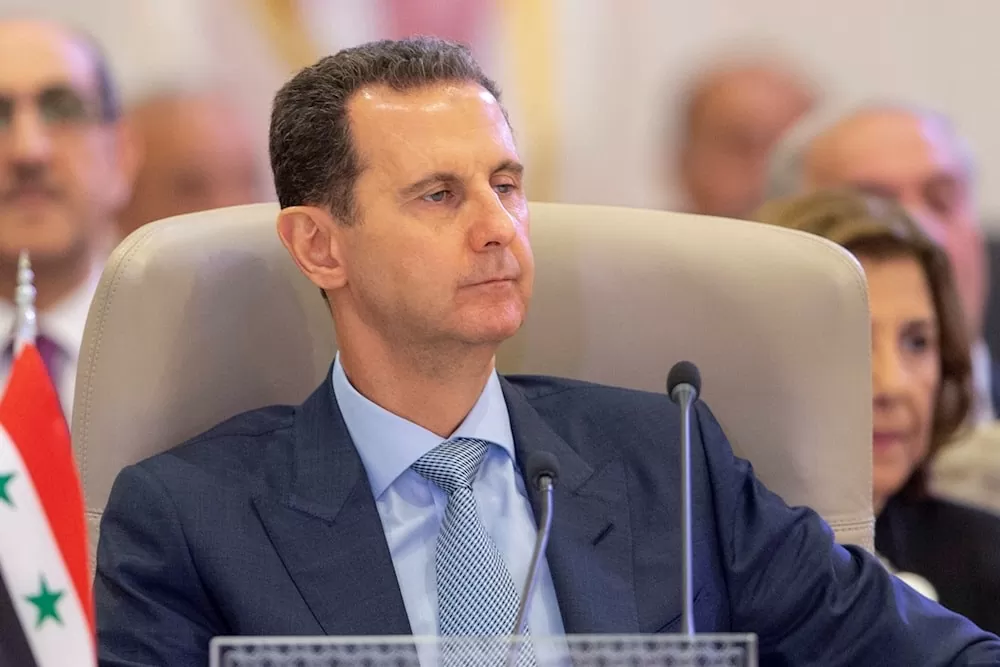 |
| Syrian President Bashar al-Assad was forced to flee the country after opposition forces took control of the capital. (Source: Reuters) |
Less than two weeks after the opposition forces resumed large-scale attacks, the regime of Syrian President Bashar al-Assad collapsed rapidly. Explaining the reason for this unexpected situation, many analysts believe that the decline within the Syrian army, along with the abandonment of its allies Russia and Iran, created a ripe time for the opposition forces to take advantage of the opportunity to overthrow the regime of President Bashar al-Assad.
Concerns are growing that the incident could spark the rise of extremist groups such as Al-Qaeda and IS, taking advantage of the chaos to expand their operations, increase the intensity of sabotage and cause regional insecurity, posing a threat to Gulf countries. In addition, the incident could trigger a new wave of refugees, putting pressure on neighboring countries such as Türkiye and Lebanon and causing collateral damage to European countries, which are already struggling to deal with illegal migration.
5. The failed declaration of martial law in South Korea
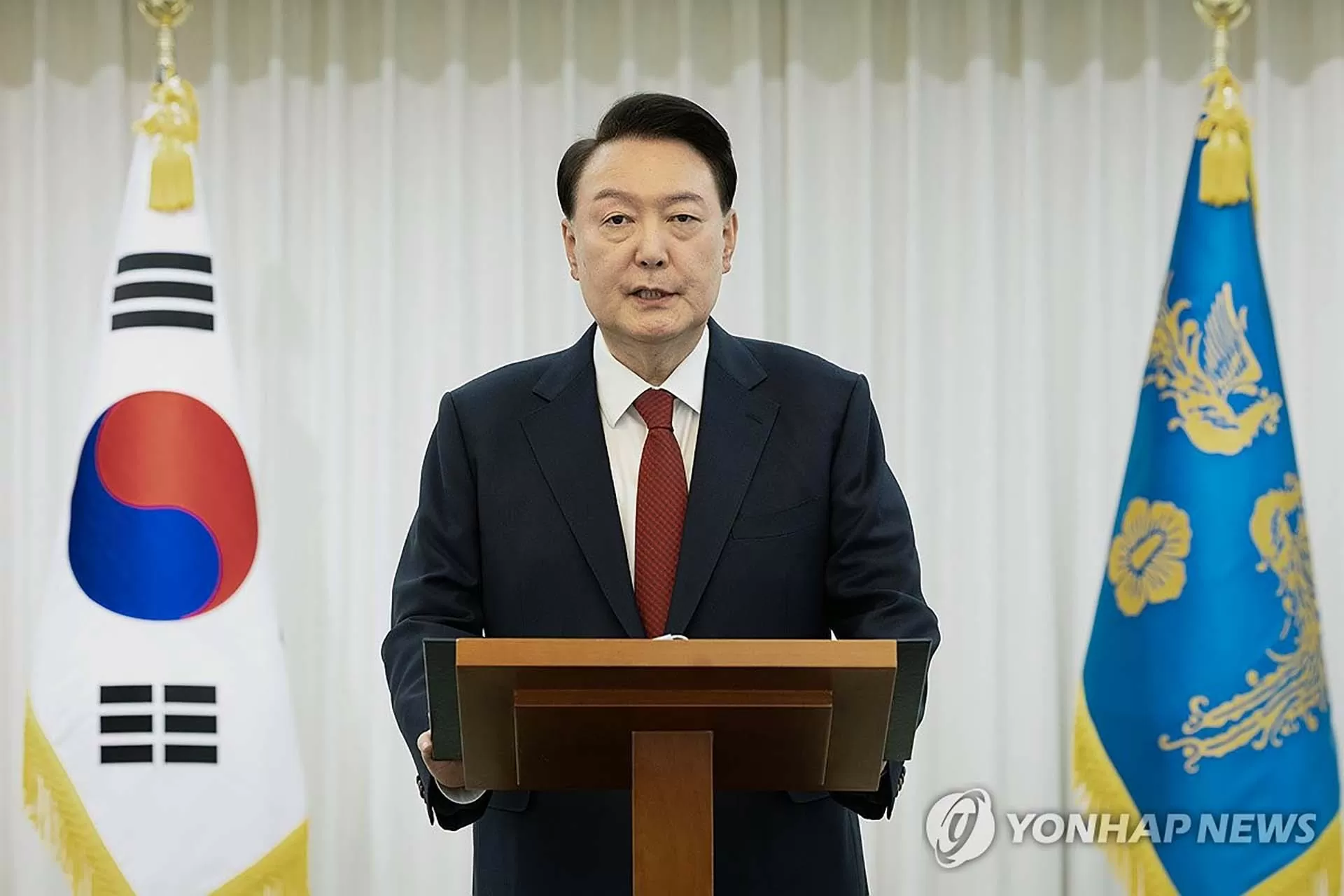 |
| South Korea's National Assembly passed an impeachment motion against President Yoon Suk Yeol over martial law. (Source: Yonhap) |
The failed declaration of martial law in South Korea reflects the long-standing undercurrent of conflict within the Seoul government, between President Yoon Suk Yeol and the opposition Democratic Party (DP), related to many obstacles in the National Assembly on issues of budget, state management, law, tax reform... making it impossible for Mr. Yoon Suk Yeol to realize his campaign commitments.
With what has happened, President Yoon Suk Yeol is facing great pressure and has to face two harsh choices set by the opposition: resign or be impeached. Whether Seoul can soon stabilize the political situation after this event depends on the government's ability to correctly identify the responsibilities of the parties involved, as well as rebuild social consensus and public trust.
6. Historic progress at COP29 Conference
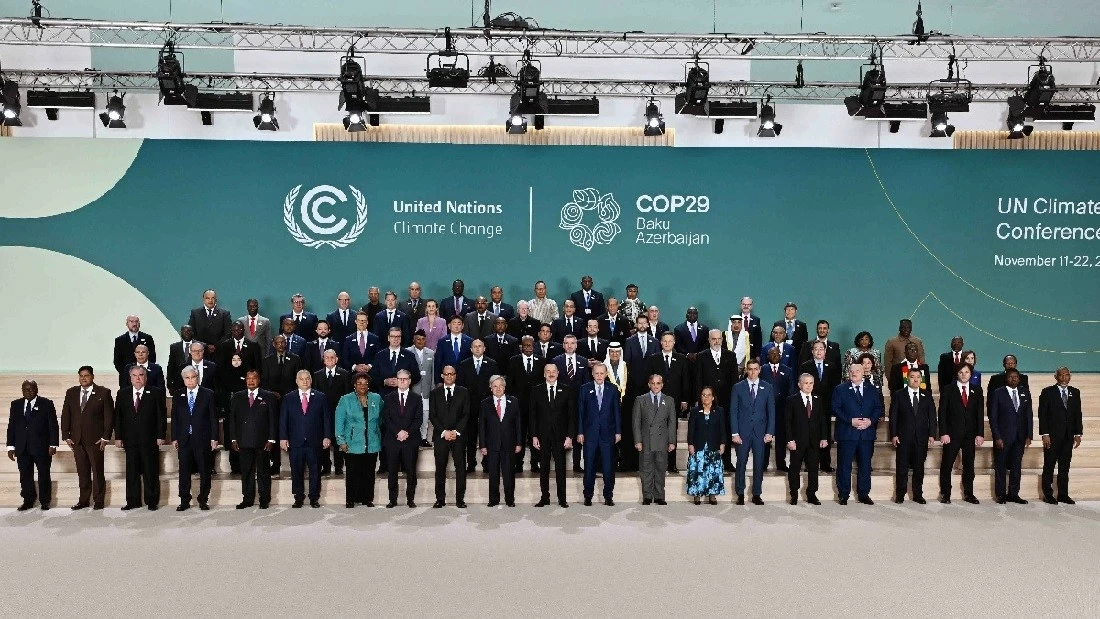 |
| COP29 made a significant mark by successfully adopting the Baku Financial Target. (Source: COP29) |
The COP29 conference takes place in the context of the world in 2024 witnessing a series of extreme weather disasters, with global temperatures forecast to set new records, affecting the sustainable development of countries and people's livelihoods. This requires countries to act urgently, strongly and strengthen international cooperation, coordinate actions to achieve the goals set out in the Paris Agreement.
One of the key agreements adopted at the Conference was the Baku Financial Target, under which developed countries pledged to mobilize at least $300 billion per year for developing countries by 2035. The agreement marked an important step towards the goal of limiting global temperature increase to below 1.5 degrees Celsius. Another notable achievement at COP29 was the unlocking of the global carbon market under Article 6 of the Paris Agreement, helping parties to untangle the bottlenecks that have been in place for many years and complete the final goal of the Paris Agreement.
7. Global economy "overcoming difficulties"
 |
| Developed economies are expected to see a slight acceleration from 1.6% of GDP in 2023 to 1.7% of GDP in 2024 and 1.8% of GDP in 2025. (Source: Getty) |
According to the International Monetary Fund (IMF), global economic growth in 2024 could reach 3.2% of GDP. The current growth rate is equivalent to the pre-Covid-19 pandemic period and significantly exceeds the forecast from a year ago. Accordingly, developed economies are expected to have a slight acceleration from 1.6% of GDP in 2023 to 1.7% of GDP in 2024 and 1.8% of GDP in 2025.
However, the global economy still faces many significant challenges and risks. Fiscal and monetary policies are generally tight in many countries, putting pressure on borrowing costs and increasing the risk of economic recession. Geopolitical conflicts, especially tensions in the Middle East, disrupt global supply chains and energy markets. At the same time, the trend of fragmentation of global markets and technology is increasingly evident. These factors create a challenging global economic picture, requiring countries to have flexible and adaptive strategies to maintain sustainable growth in the new context.
8. The first global resolution on AI
 |
| The United Nations General Assembly highlighted the importance of respecting, protecting and promoting human rights in the design, development, deployment and use of artificial intelligence (AI). (Source: Zabala Innovation) |
On March 21, the United Nations General Assembly (UN) passed the above resolution sponsored by the United States, with the consensus of more than 120 member states and without a vote. The General Assembly highlighted the importance of respecting, protecting and promoting human rights in the process of designing, developing, deploying and using artificial intelligence (AI).
The UN also called on all member states and stakeholders to “refrain from or cease the use of artificial intelligence systems that are inconsistent with international human rights law or pose undue risks to human rights practices”. The UN also urged member states, the private sector, research institutions and the media to develop and support methods for regulating and governing the use of AI in a safe, secure and trustworthy manner.
9. BRICS bloc expansion
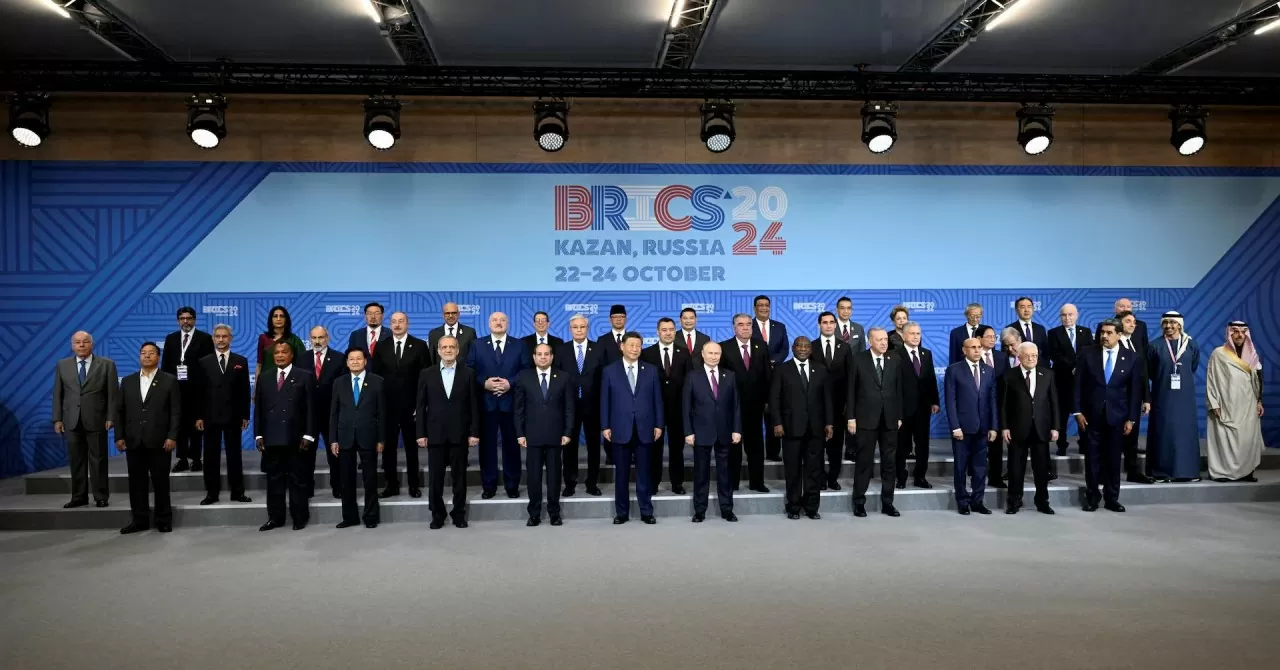 |
| BRICS currently accounts for nearly 46% of the world's population and contributes about 37.3% of global GDP. (Source: Reuters) |
The BRICS bloc, originally comprising Brazil, Russia, India, China and South Africa, expanded its membership on January 1, welcoming Egypt, Ethiopia, Iran, Saudi Arabia and the United Arab Emirates (UAE). With this admission, BRICS now accounts for nearly 46% of the world’s population and contributes about 37.3% of global GDP, demonstrating its growing economic and political influence.
However, the expansion of BRICS has raised many concerns, in the context of many new developments in the international situation and the Middle East - Africa region with increasing complexity, instability and uncertainty. Accordingly, the Middle East - Africa can become a "focus" region in the strategic competition of major powers with increasingly deep involvement, especially in economic, trade, security cooperation and the process of resolving long-standing issues such as the Israel-Palestine conflict, Iran's nuclear program, the war in Syria, Libya and the Sahel region.
10. Bangladesh political crisis
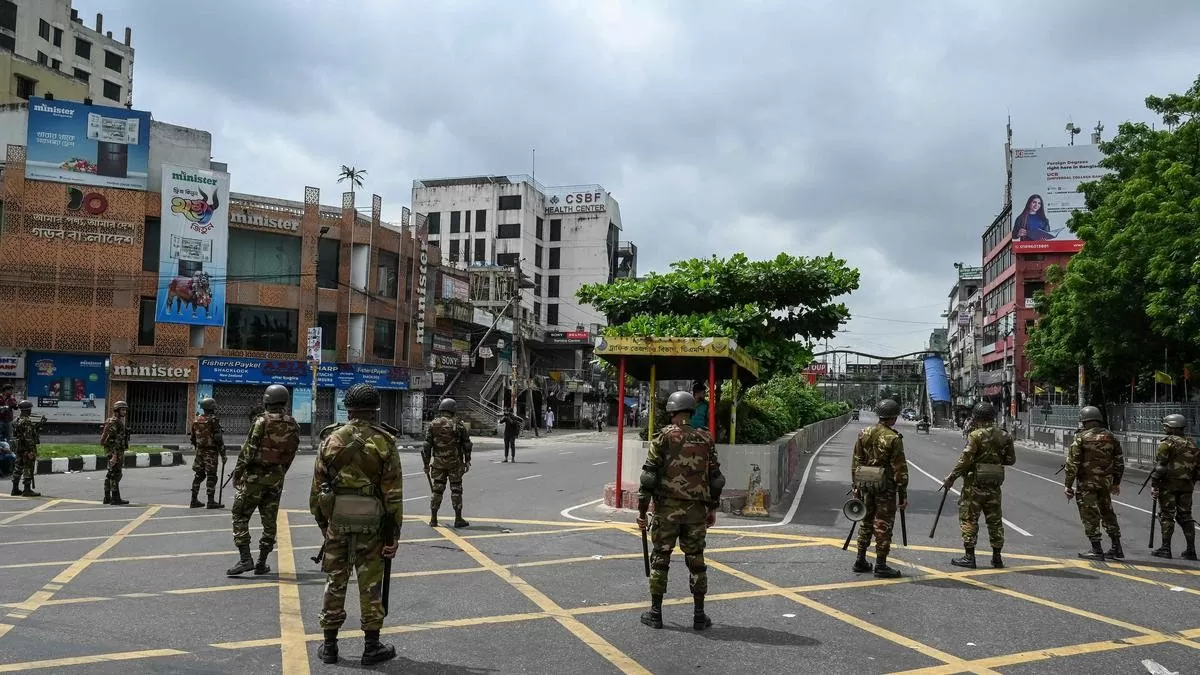 |
| In the current chaotic and tumultuous situation, it is difficult for Bangladesh to restore order, political stability and economic recovery. (Source: Reuters) |
On August 5, Prime Minister Sheikh Hasina was forced to leave Bangladesh by military helicopter due to widespread, massive protests against a decision to increase public sector job quotas and demanding her resignation. The Bangladeshi military then announced the formation of an interim government led by Nobel Peace Prize-winning economist Muhammad Yunus.
In the current chaotic and chaotic situation, it is difficult for Bangladesh to restore order, political stability and economic recovery. According to experts, the only way to get the country out of the current crisis is to ensure people’s participation in the decision-making process and an early transition to a democratically elected, transparent and accountable government.
Source: https://baoquocte.vn/tong-hop-10-su-kien-quoc-te-noi-bat-nam-2024-299100.html


![[INFOGRAPHIC] Open-back headphones, look like a... pill](https://vphoto.vietnam.vn/thumb/1200x675/vietnam/resource/IMAGE/2025/7/16/cd63f007ad404018aa504c1009ce19ba)
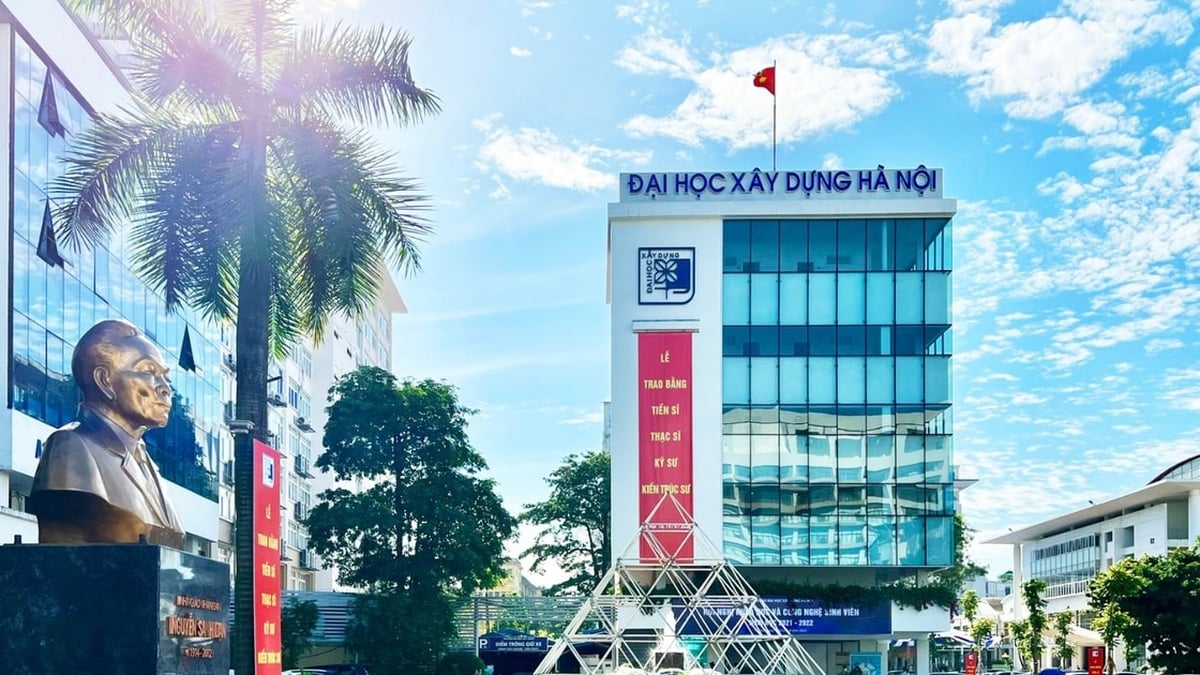







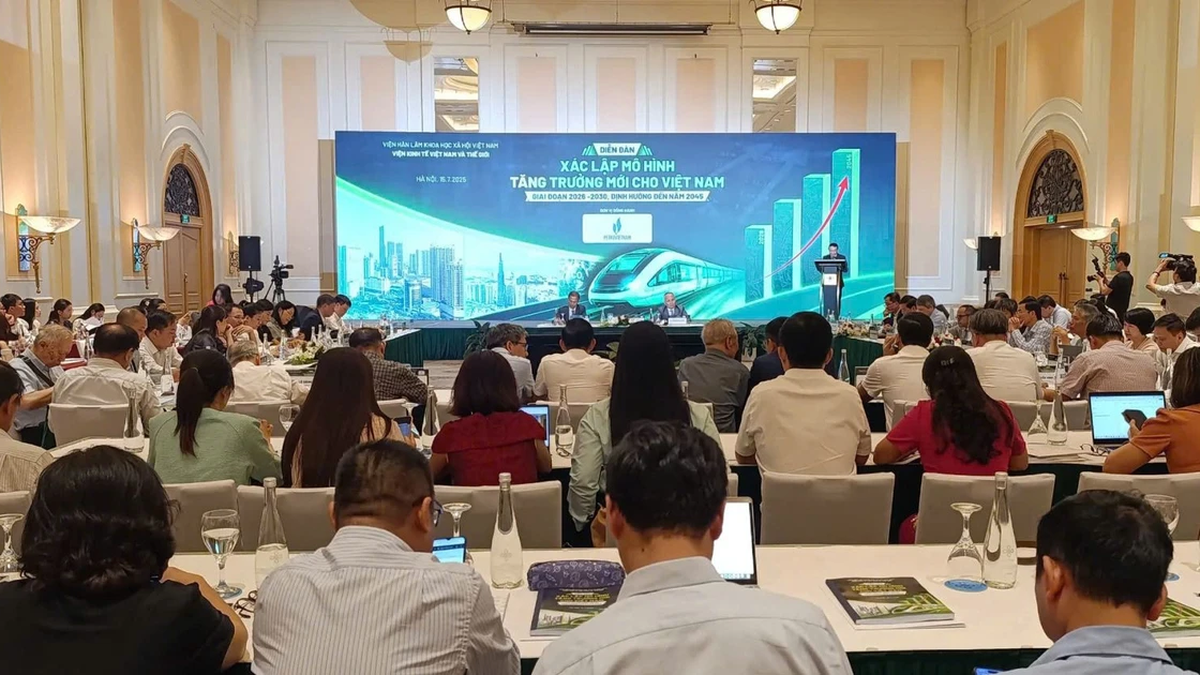



































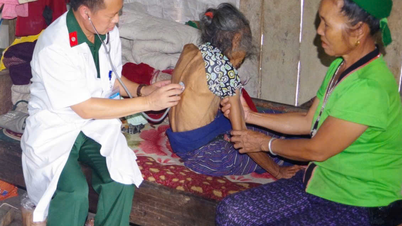






















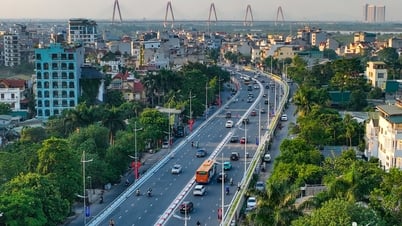





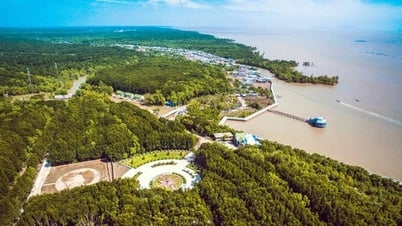
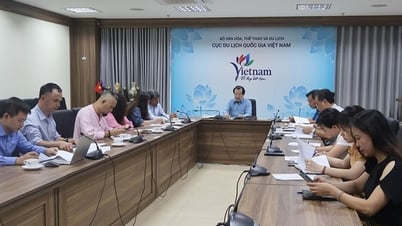






















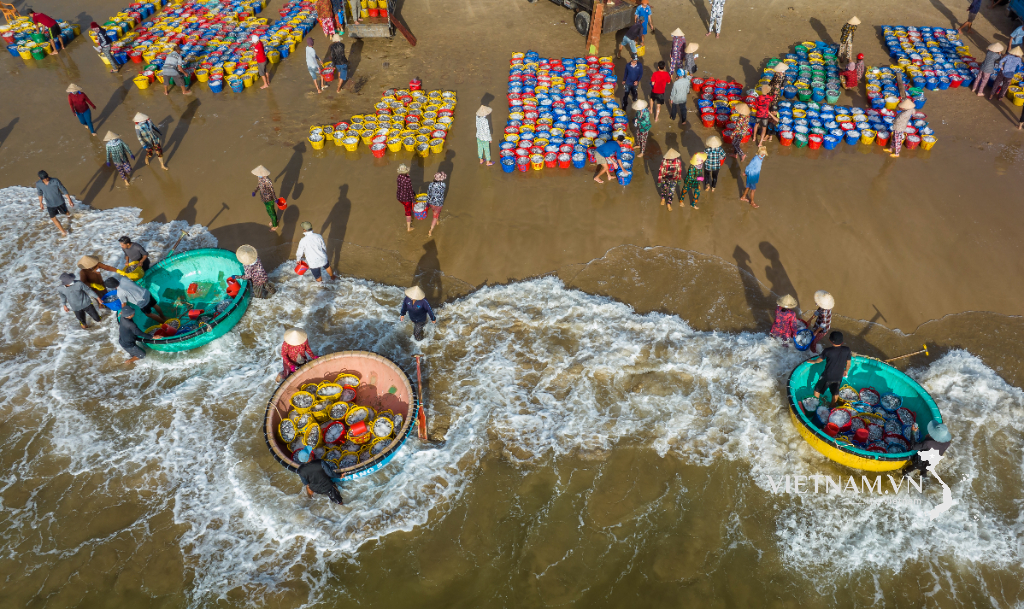
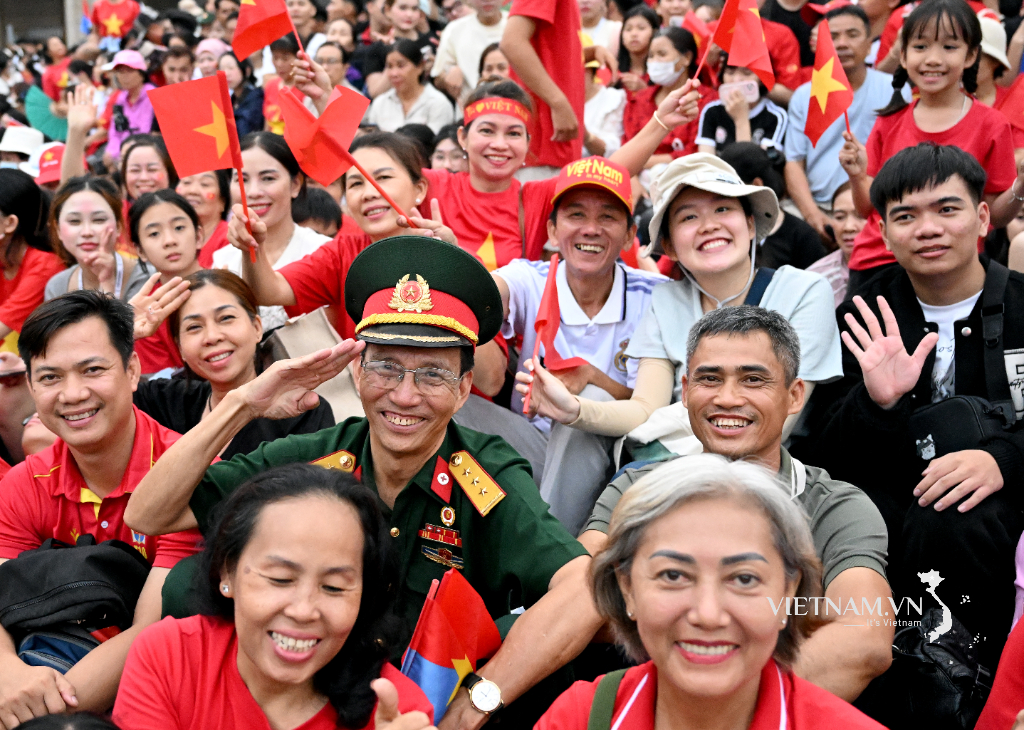
Comment (0)